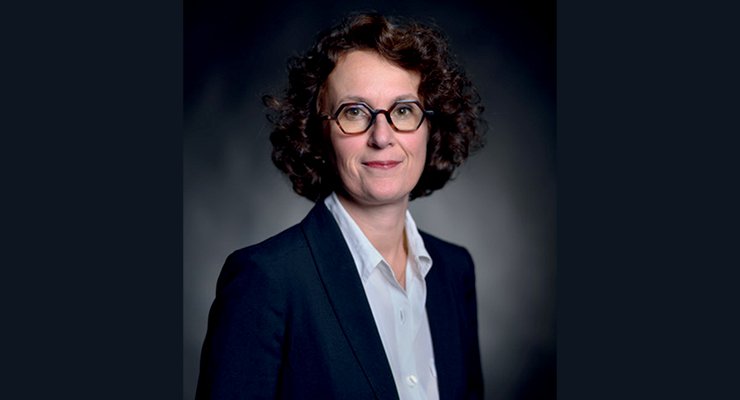Biological engineering (GB)
UTC’s Dept. of Bio-Engineering aims at combining engineering and life sciences via high level courses, pluridisciplinary basic and applied research, strong responses to expectations expressed by Society and Industry. The future graduate will acquire skills and knowledge in biology, computer science, physics, mechanical and chemical engineering …
UTC-GB key figures
- 35 research scientists – lecturers
- 8 CNRS research scientists
- 7 contract research scientists
- 26 support engineers, technicians and admin. staff
- 400 to 450 students
- 30 PhD students
- 100 to 120 engineer diplomas warded each year
- 50 to 60 Master's degree/yr.
- 10 to 15 PhDs/yr.
- 3 to 5 students in the Continuous Education scheme
Departmental specialty streams
There are 4 elective specialty streams:
- … to which must be added the transverse specialty – Management of Innovative Projects (UTC-MPI)
Research
UTC's Bio-engineering Dept. is associated with a very active research programme, thanks to:
- Two joint UTC / CNRS laboratories:
› Biomechanics and Bio-Engineering (UTC-BMBI) – UMR CNRS 7338 where pluridisciplinary research focuses on studies and development of artificial organs and biomaterials and of the musculo-skeleton system.
› Enzyme and Cell Engineering (UTC-GEC) – FRE UTC-CNRS 3580 where the research focuses on bio-catalysts at molecular, supramolecular and cellular levels.
- lnvolvement in the Government's Investments for the Future programme (ITE PIVERT, Equipex Figures)
- Participation in the world-class competitivity pole: Industries and Agro-Resources (IAR).
Partnerships and valorisation
UTC's research is valorised thanks to private sector industrial partnerships (Total, Decathlon, Fresenius Medical Care, Novance, L'Oréal, Gambro, Styker, Kodak, …), to public research establishments (numerous teaching hospitals CHU, plus the INSERM, CNES, Cancer-League, AF, …) and through application of a strong policy of patenting and enterprise creations (Bio-2M, PolyIntell, BioParHom, …)




